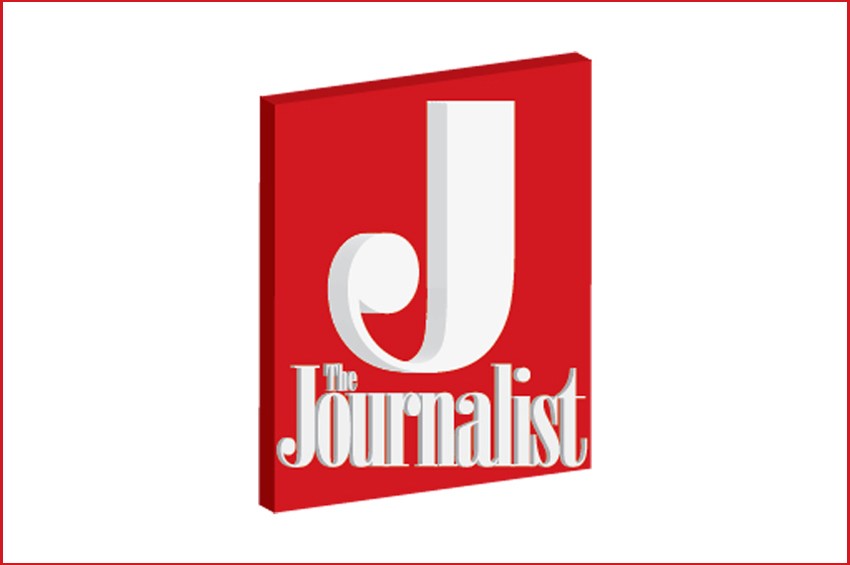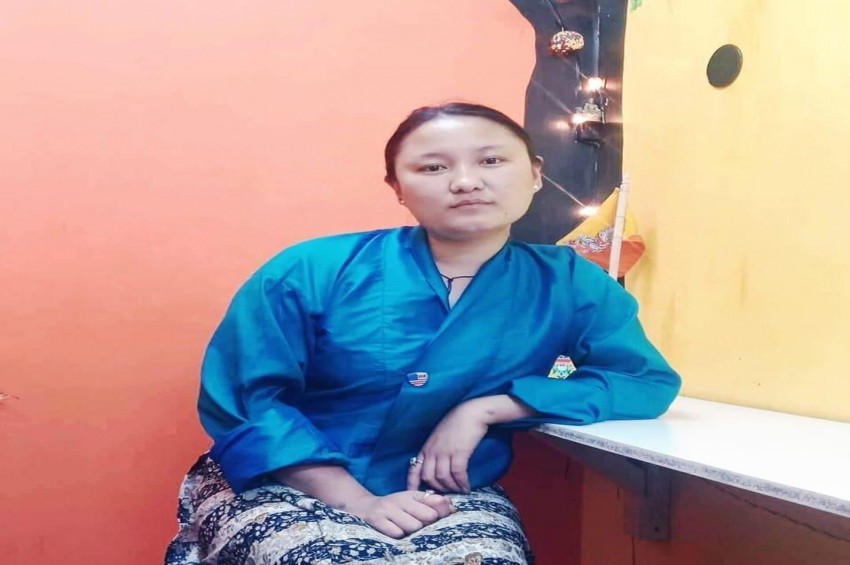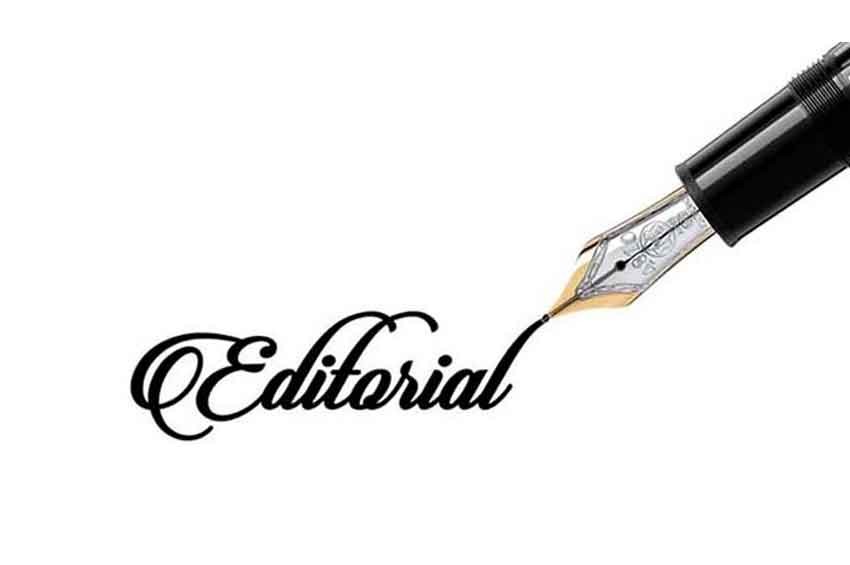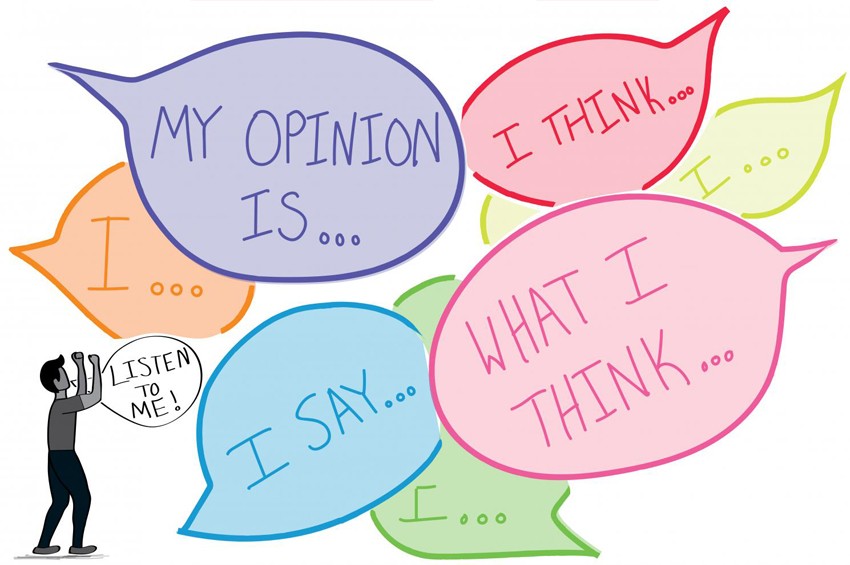The busy capital city, Thimphu has more than 7,000 taxis catering to the people. But some taxi drivers charge exorbitant prices during the odd hours, late at night, during rush hours, or during bad weather days are common.
One of the driving factors of inflation is the increase in the cost of transportation. Transportation cost increases with the increase in the price of energy fuel.
The Road Safety and Regulatory Authority (RSTA) revised the taxi fare in August this year to combat the challenges of rising fuel prices and inflation.
However, taxi drivers rarely implement the fares set by the regulatory office. They often form a group and fix their price against the rules and moral ethics that ultimately impacts common citizens, daily commuters, and non-earning passengers.
Sometimes commuters are left in disbelief when the taxi drivers charge more than what a commuter usually pays to get to their destination, especially when it’s hard to get a taxi or when the commuters are running out of time. Sometimes, the so-called professional drivers become violent when an aware passenger tries explaining the fair pricing amount, threatening personal safety.
The increase in the price of the fare seems reasonable if followed as per the fare sheet that RSTA has drawn. Whenever, the fuel price increases, the fare also hikes up, but when the fuel price drops after a certain period, it’s hardly seen that the fare of the taxis is being reduced.
The recent local taxi fare rate revised in August this year showed that a four-seater taxi should charge Nu 26 for 1 kilometer’s distance meaning each head shares the cost of the vehicle making it Nu 7 for one passenger if riding a four-seater vehicle or only Nu 2 if traveling by an 11-seater taxi. Meaning, a passenger would pay between Nu 2- Nu 7 if he or she needs to reach the Kuensel office from the RSTA bus terminal. However, taxi drivers charge differently.
In reality, taxi drivers seldomly stick to the fares drawn by the regulating authorities. Hence, to get to Kuensel Office from the RSTA bus terminal, one must at least charge between Nu 120-160.
The increasing cost of transportation only adds up to the inflation rate. Transport increased by 14.92 percent, contributing 37 percent of the overall inflation. The price of consumer goods and services increased to 6.05 percent in September 2022.
Similarly, if a commuter wants to catch a taxi from the city center parking to the RSTA bus terminal, one shouldn’t have to pay more than Nu 52 for reserving all the seats. However, taxi drivers have been fleecing commuters with their fares whether they drive 4-seater or 11-seater vehicles.
It was just last year, the taxi drivers would charge Nu 100 to drop off the passenger at the hospital, but this year they charge between Nu 150-200. Meaning the fare doubled in just a year.
If the fares are not monitored, if the regulatory authorities keep pardoning some of the notorious taxi drivers, and if the passengers let the cheat go time and again, in the end, it would only boost immorality and lawlessness.
One of the driving factors of inflation is the increase in the cost of transportation. Transportation cost increases with the increase in the price of energy fuel.
The Road Safety and Regulatory Authority (RSTA) revised the taxi fare in August this year to combat the challenges of rising fuel prices and inflation.
However, taxi drivers rarely implement the fares set by the regulatory office. They often form a group and fix their price against the rules and moral ethics that ultimately impacts common citizens, daily commuters, and non-earning passengers.
Sometimes commuters are left in disbelief when the taxi drivers charge more than what a commuter usually pays to get to their destination, especially when it’s hard to get a taxi or when the commuters are running out of time. Sometimes, the so-called professional drivers become violent when an aware passenger tries explaining the fair pricing amount, threatening personal safety.
The increase in the price of the fare seems reasonable if followed as per the fare sheet that RSTA has drawn. Whenever, the fuel price increases, the fare also hikes up, but when the fuel price drops after a certain period, it’s hardly seen that the fare of the taxis is being reduced.
The recent local taxi fare rate revised in August this year showed that a four-seater taxi should charge Nu 26 for 1 kilometer’s distance meaning each head shares the cost of the vehicle making it Nu 7 for one passenger if riding a four-seater vehicle or only Nu 2 if traveling by an 11-seater taxi. Meaning, a passenger would pay between Nu 2- Nu 7 if he or she needs to reach the Kuensel office from the RSTA bus terminal. However, taxi drivers charge differently.
In reality, taxi drivers seldomly stick to the fares drawn by the regulating authorities. Hence, to get to Kuensel Office from the RSTA bus terminal, one must at least charge between Nu 120-160.
The increasing cost of transportation only adds up to the inflation rate. Transport increased by 14.92 percent, contributing 37 percent of the overall inflation. The price of consumer goods and services increased to 6.05 percent in September 2022.
Similarly, if a commuter wants to catch a taxi from the city center parking to the RSTA bus terminal, one shouldn’t have to pay more than Nu 52 for reserving all the seats. However, taxi drivers have been fleecing commuters with their fares whether they drive 4-seater or 11-seater vehicles.
It was just last year, the taxi drivers would charge Nu 100 to drop off the passenger at the hospital, but this year they charge between Nu 150-200. Meaning the fare doubled in just a year.
If the fares are not monitored, if the regulatory authorities keep pardoning some of the notorious taxi drivers, and if the passengers let the cheat go time and again, in the end, it would only boost immorality and lawlessness.















